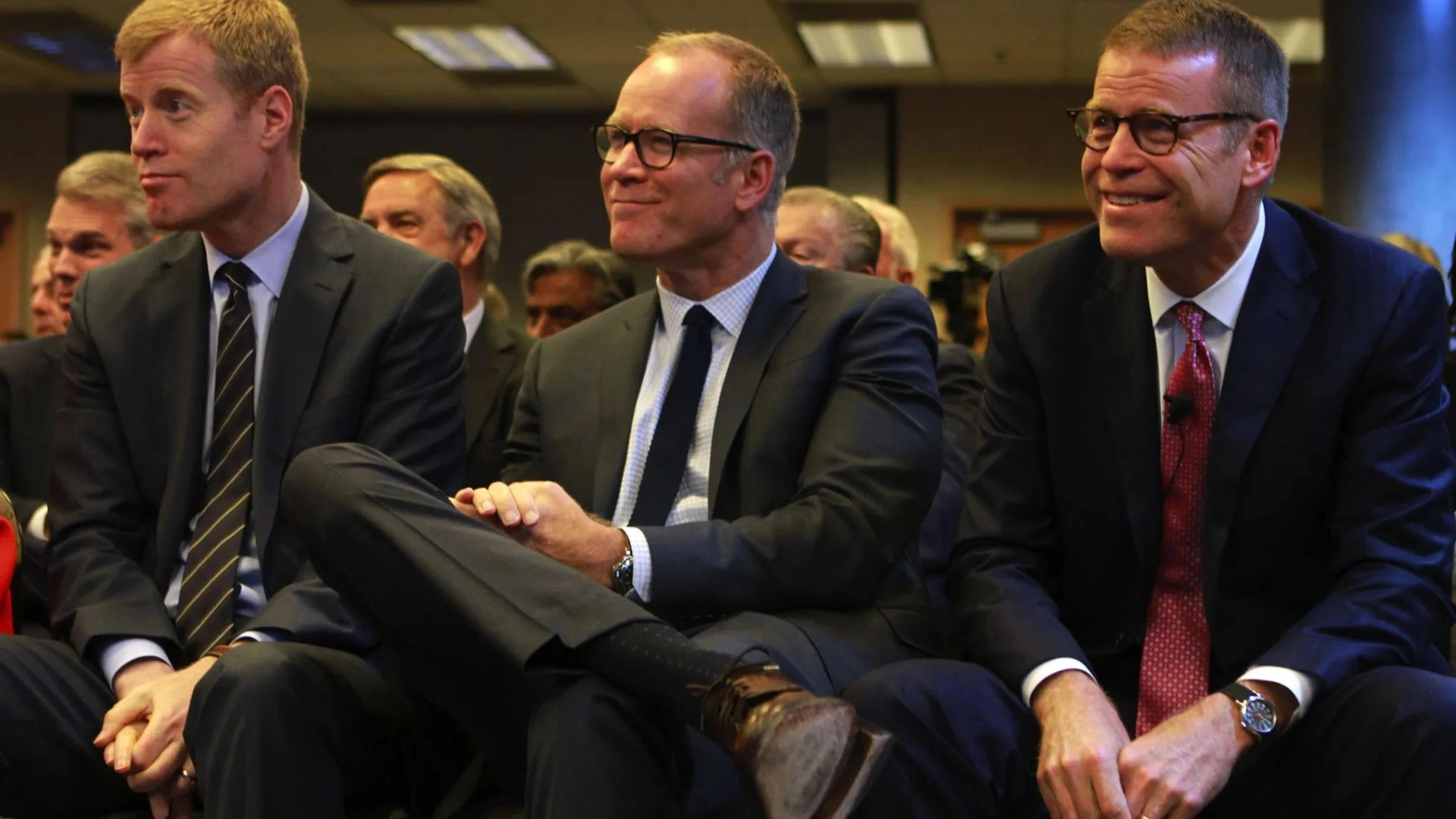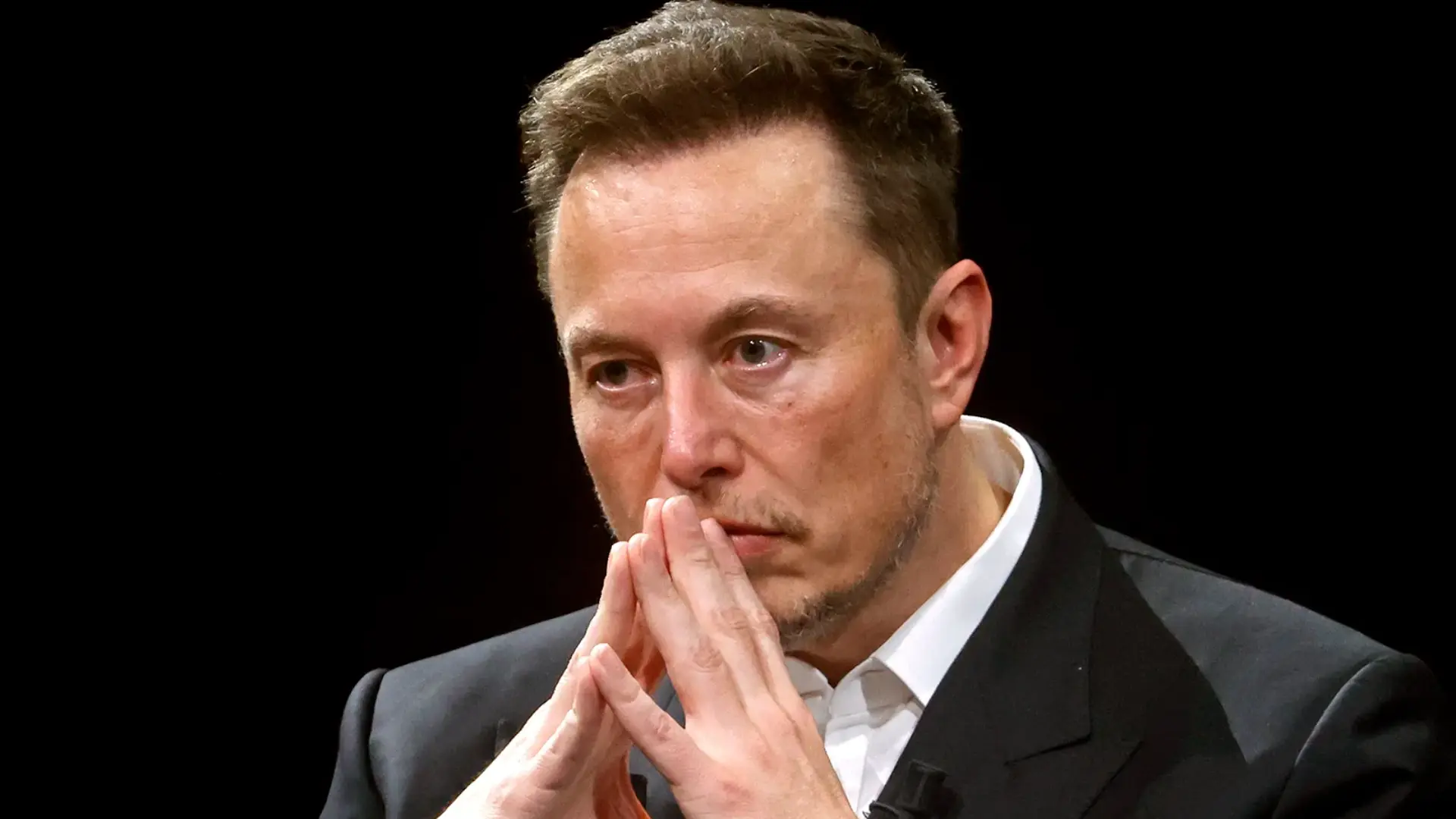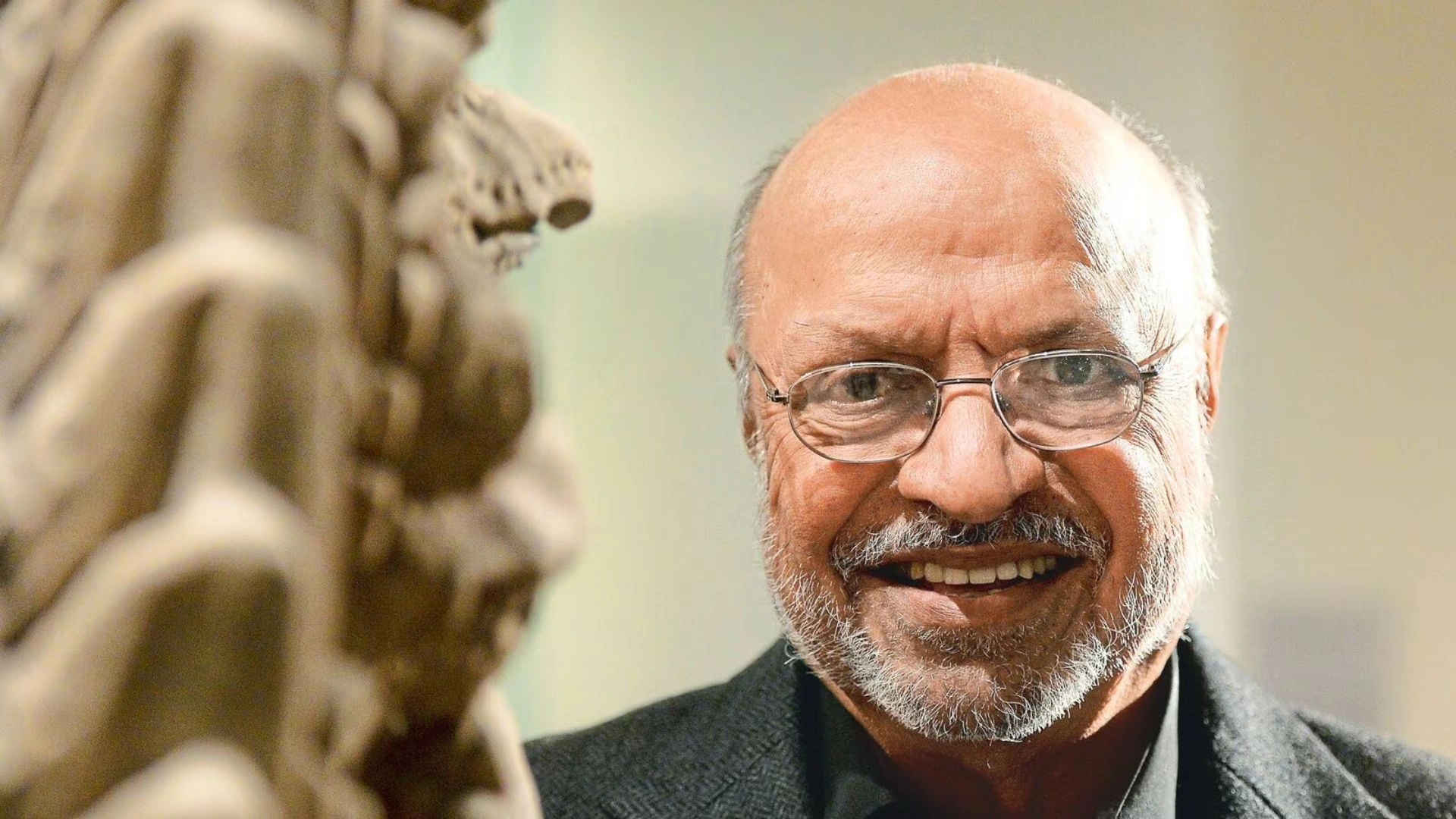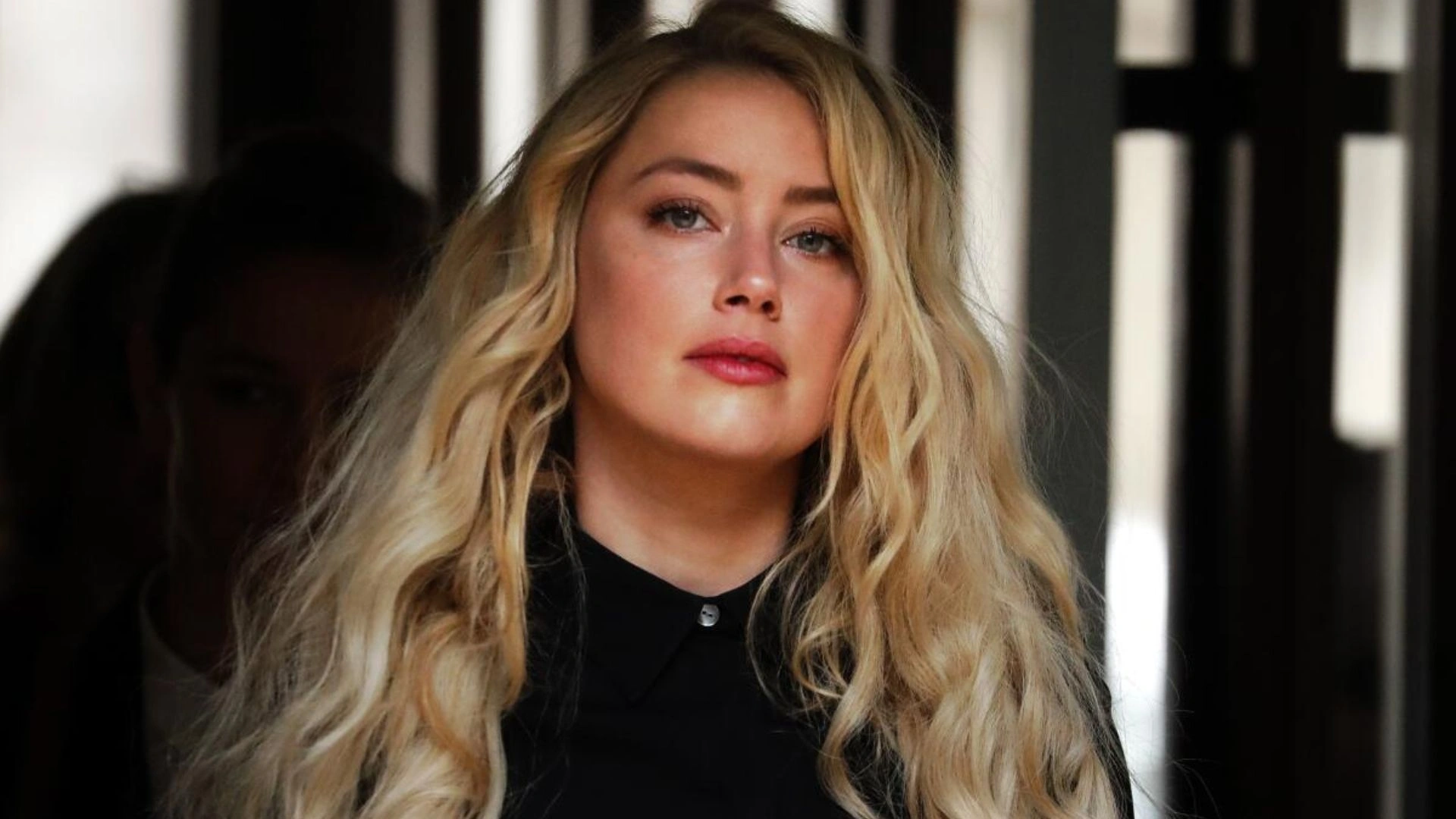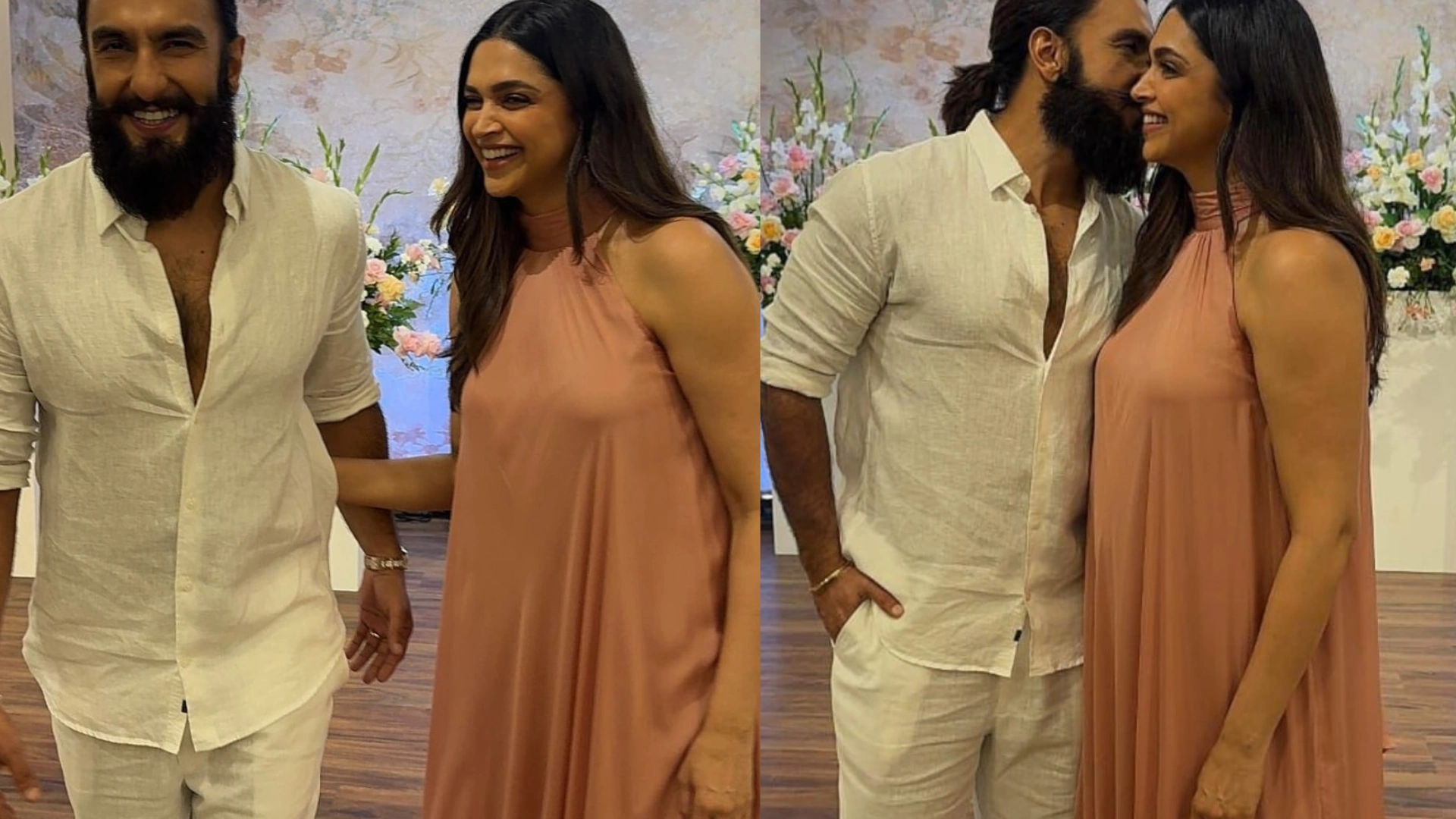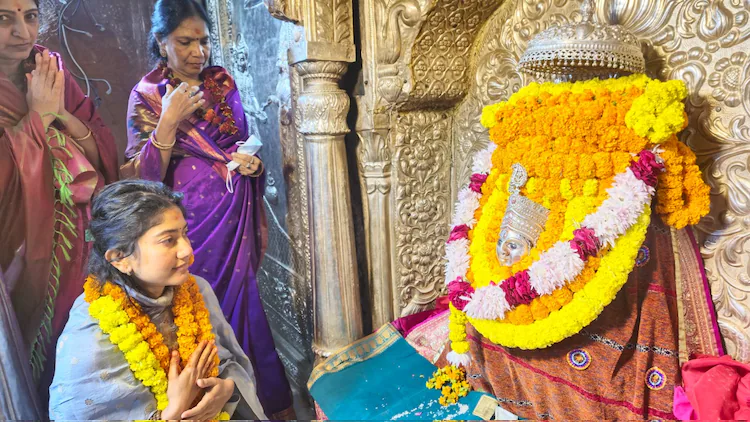Advocate Vishnu Shankar Jain, representing the Hindu side, highlighted the absence of any written order preventing Hindu devotees from praying at the Gyanvapi mosque complex. Following a Varanasi court’s decision permitting Hindu prayers in the ‘Vyas Ka Tekhana’ area, Jain expressed readiness for prayers to commence. He compared the ruling to the historic 1986 order opening the locks of the Ram Mandir, emphasizing the correction of past misuse of power. Without naming any government, Jain said, “And one state government had misused its power to stop the Hindu devotees from offering prayers there. Today, the court rectified it with its pen. And gave the order to allow the prayers”. The court instructed the district administration to facilitate arrangements within seven days. Jain affirmed their intent to complete the legal case and proceed with the survey on Wuzu Khana, scheduled for a Supreme Court hearing. Another Hindu side lawyer, Advocate Subhash Nandan Chaturvedi, emphasized the court’s authorization for prayers at ‘Vyas Ka Tekhana.’ The victory was celebrated by petitioners and advocates. The mosque’s four cellars, including the one possessed by the Vyas family, were subject to the court’s order. The family’s hereditary pujari, Vyas, sought permission to resume prayers in the basement. On January 17, the district administration took possession of ‘Vyas Ka Tekhana,’ formerly used for worship by Somnath Vyas’s family until 1993, when prayers were halted on the state government’s orders.




